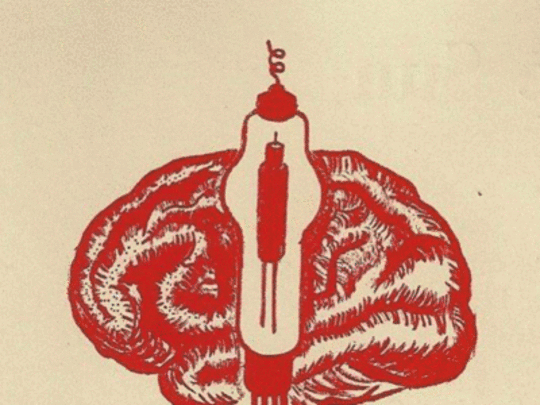
![[Translate to English:] [Translate to English:]](/assets/_processed_/0/6/csm_Logo_for_memory_RGB_600_d046db868d.jpg)
[Translate to English:] Photo: Deutsches Museum
Digital cultures of technology and knowledge
NFDI4Memory - Task Area 1: Data Quality
Historically oriented collection and research institutions preserve and generate research data. Their quality is a central prerequisite for their sustainable and future-oriented use. For this reason, quality assurance and the management of historical research data are evaluated and promoted throughout Germany.
Content
4Memory/National Research Data Infrastructure (NFDI) - Task Area 1: Data Quality
Funded by
DFG - Deutsche Forschungsgemeinschaft
- Digital cultures of technology and knowledge
Edited by
Peggy Große
Koordinatorin NFDI4MemoryFI5 Deutsches Museum Digital
Georg Hohmann
LeitungForschungsinstitut für Wissenschafts- und Technikgeschichte
Dr. Mario Kliewer
Wiss. Mitarbeiter NFDI4Memory und OSIRISFI5 Deutsches Museum Digital
Project description
Historically oriented collection and research institutions are preserving and generating more and more research data. Data quality is a key requirement for their sustainable and future-oriented use. To ensure this, the Deutsches Museum, in cooperation with the Herder Institute for Research on Eastern and Central European History, is involved in Task Area 1: Data Quality of the NFDI4Memory consortium.
The starting point is the assessment of the status quo, which makes it possible to develop general guidelines and procedures for improving sustainable quality management. This is followed by an analysis of data requirements and an assessment of measures to improve and ensure the quality of research data. In particular, ethical issues about the FAIR and CARE principles will also be considered to turn them into an integral part of the data quality analysis. Based on the results of the analysis, a measurement system for the quality of historical research data will then be developed that distinguishes between different levels of quality, summarizes the evaluation criteria for data quality, and facilitates its application. In close cooperation with international bodies and committees, a group of experts will then translate the results obtained so far into recommendations, catalogs, and guidelines for the creation, evaluation, and future certification of research data. In additionthe hurdle of time-consuming data preparation will be significantly reduced by efficient workflows and a concept for the division of labor through editorial processes within an (organizational) framework that is applicable to existing institutional settings. Finally, the developed guidelines and recommendations for activities in data quality training or workshops will be operationalized, leading to the dissemination and implementation of data quality measures in continuous dialogue with the community.


![[Translate to English:] [Translate to English:]](/assets/_processed_/c/c/csm_Headerbild_Chiffriermaschinen_Rainer_3889c3d7be.png)
![[Translate to English:]](/assets/_processed_/f/d/csm_Bild-1_Ephmeride-des-Kleinen-Planeten-Hecuba_824f1969c4.jpg)
![[Translate to English:] [Translate to English:]](/assets/_processed_/f/1/csm_Forschungsinstitut_Projekt_Algorithmische_Wissenskulturen_Header_HashagenSeising_743a1da746.jpg)
![[Translate to English:] [Translate to English:]](/assets/_processed_/9/4/csm_Forschungsinstitut_Projekt_Zuse_Headerbild_CD_57903_5bb36f91cf.jpg)
